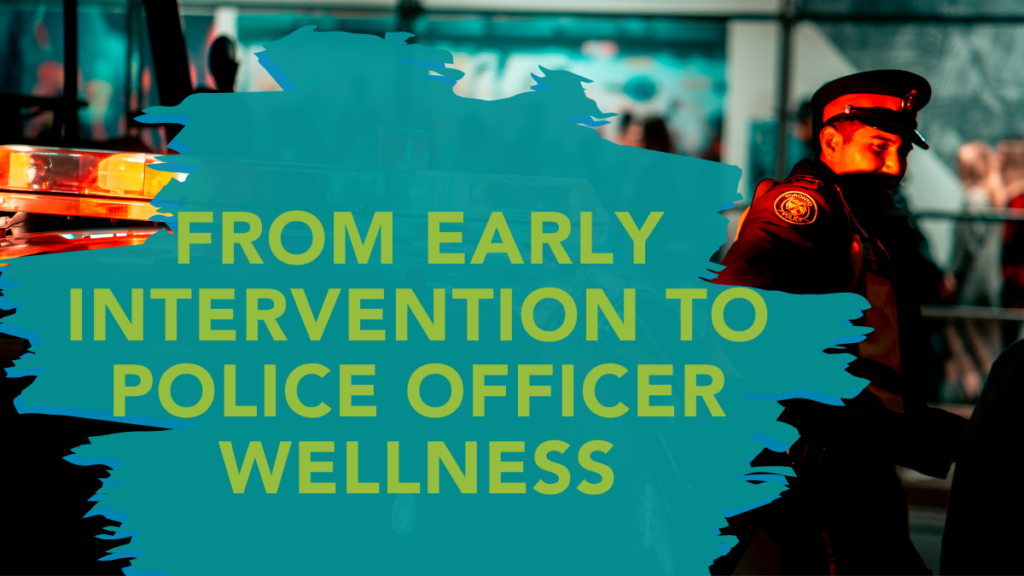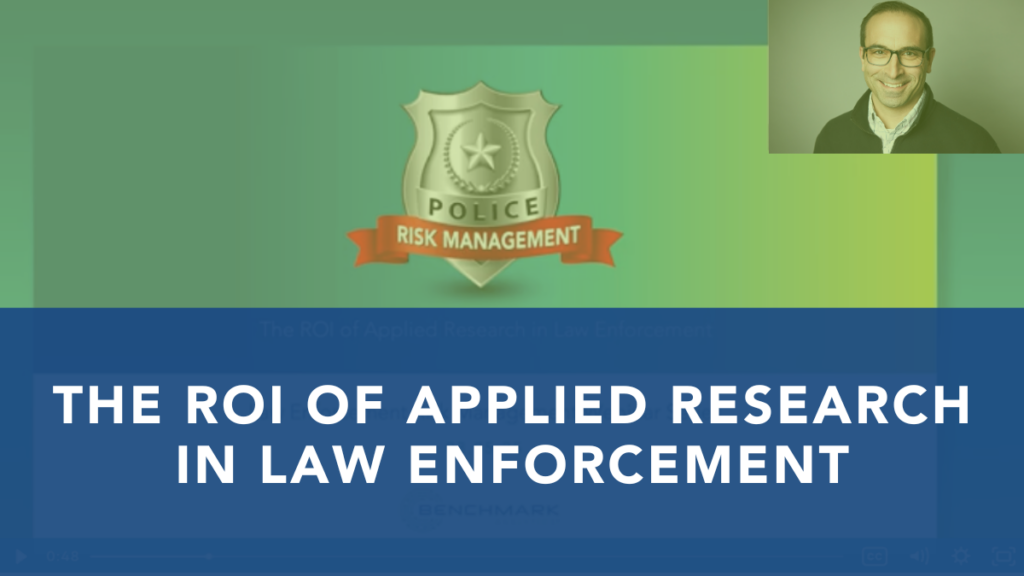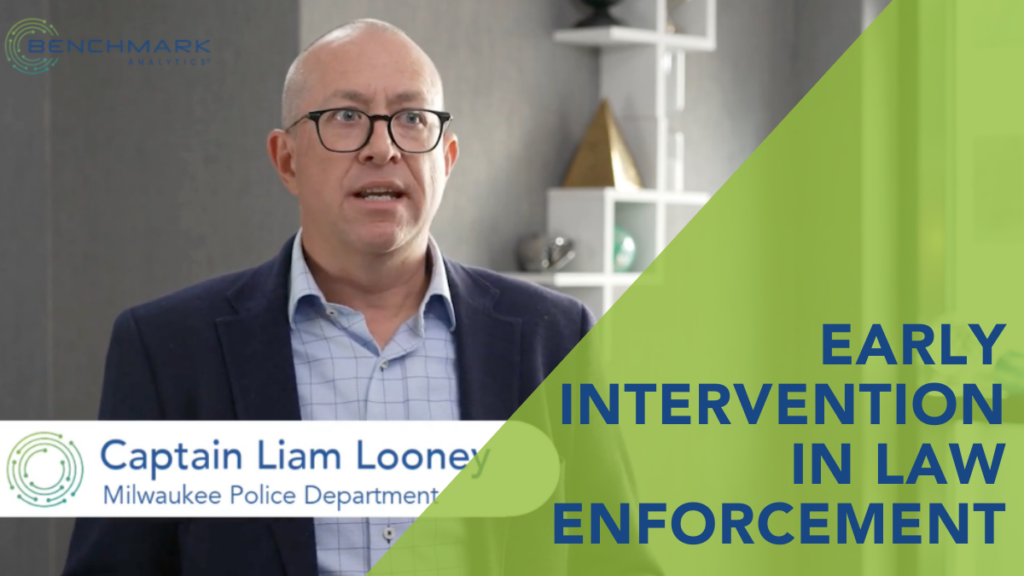Balancing Awareness and Operations: Key Training Insights for Law Enforcement
Posted
June 24, 2024
Share:
Benchmark Analytics recently participated in the International Association of Directors of Law Enforcement Standards and Training (IADLEST) Annual Conference in Phoenix, Arizona, where law enforcement leaders including Peace Officer Standards and Training (POST) Directors and Command Staff, convened from across the United States. The conference focused on critical training issues, challenges, and advancements in law enforcement. A notable topic of discussion was the differentiation between awareness and operational training, emphasizing the importance of equipping officers with both types of training for comprehensive preparedness in the field.
Understanding Awareness and Operational Training
Distinguishing between awareness training and operational training is essential for crafting robust law enforcement training programs. Awareness training aims to enhance knowledge and comprehension of specific topics, issues, or procedures. It primarily informs individuals about critical information and elevates their understanding, typically without immediate application in practical, real-world scenarios. Topics covered often include policies, regulations, safety protocols, and overarching best practices.
Operational training is designed to teach individuals how to apply their knowledge and skills in real-world situations. It emphasizes practical, hands-on experience and decision-making in scenarios that closely simulate actual conditions they will encounter in their law enforcement roles. This type of training ensures that participants can effectively execute tasks and respond to dynamic environments, enhancing their ability to perform their duties proficiently and safely. Operational training can utilize virtual reality or simulated scenarios to enhance realism and effectiveness, because they provide valuable, immersive experiences that prepare officers for real-world situations.

Both types of training are needed for a comprehensive law enforcement training program because awareness training aims to ensure that officers are well-informed about important aspects of their roles, helping them understand what is required or expected of them. Operational training ensures that officers can effectively execute tasks and respond to dynamic environments, enhancing their ability to perform their duties proficiently and safely.
The Role of Continuous Professional Development
There’s also a considerable emphasis on initial academy training for awareness and operational skills, yet refresher courses often receive less attention. Ongoing training allows officers to stay current with evolving laws, procedures, and technologies, ensuring they can effectively enforce laws and protect communities in an ever-changing environment. Professional development also enhances officers’ skills and knowledge, enabling them to handle complex situations with confidence and competence.
Continuous training in both operational and awareness areas enhance officers’ career development by expanding their skill sets and knowledge base. It prepares them for promotional opportunities, specialized assignments, and leadership roles within the agency. Moreover, ongoing professional development ensures officers remain adaptable to new challenges and advancements in law enforcement practices, promoting long-term career success and effectiveness.
The Value of Comprehensive Training Management
A training management system (TMS) provides significant benefits to officers both during their time in the academy and throughout their careers, particularly concerning awareness and operational training:
- Centralized Training Coordination: TMS streamlines the scheduling, tracking, and management of training activities.
- Efficient Resource Utilization: TMS optimizes resource allocation, including instructors, facilities, and materials. In the academy, this ensures that training sessions on awareness (e.g., policies, safety protocols) and operational skills (e.g., firearms, tactical maneuvers) are conducted efficiently. In their career, officers can access online modules or attend workshops that provide ongoing updates and refreshers on critical topics, enhancing their readiness.
- Tracking and Compliance: TMS enables accurate tracking of training progress and compliance with certification requirements.
- Personalized Learning Paths: TMS supports personalized learning paths tailored to individual officers’ needs and career goals.
- Continual Improvement and Feedback: TMS facilitates continuous improvement by collecting feedback from officers and instructors. In the academy, this ensures that awareness and operational training modules are relevant and effective. Throughout their careers, officers can provide input on training content based on practical experience, helping to refine and update curriculum materials to reflect real-world challenges and best practices.
The Benchmark TMS records all training completed by officers throughout their career, providing clear visibility into the types of training they have received. It goes beyond merely tracking training hours. It also allows supervisors to easily ensure that their officers are consistently up to date with new training and regularly refreshing previously learned skills.
- Comprehensive Tracking: Provides clear visibility into training history.
- Supervisor Oversight: Ensures consistent updates and refreshers.
- Enhanced Proficiency: Supports continuous professional development and operational readiness.
To learn more about the Benchmark TMS, click here.
Related Posts
Ready to Experience the Benchmark Difference?
Benchmark Analytics and its powerful suite of solutions can help you turn your agency’s challenges into opportunities. Get in touch with our expert team today.



